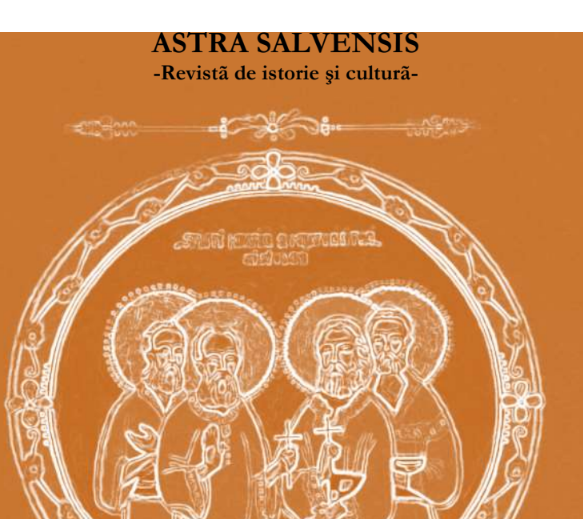INDEPENDENCE OF THE JUDICIARY VS. ENSURING THE RIGHT TO A FAIR TRIAL IN COUNTRIES IN TRANSITION
INDEPENDENCE OF THE JUDICIARY VS. ENSURING THE RIGHT TO A FAIR TRIAL IN COUNTRIES IN TRANSITION
Author(s): Olha V. Koshova, Svitlana Ya. Rabovska, Olha V. Salenko, Andrii V. PotapenkoSubject(s): Law, Constitution, Jurisprudence, Constitutional Law, Civil Law, Human Rights and Humanitarian Law, Law and Transitional Justice
Published by: Asociaţiunea Transilvană pentru Literatura Română şi Cultura Poporului Român - ASTRA
Keywords: judicial independence; judicial reform; judicial protection; administration of justice; separation of powers;
Summary/Abstract: This study investigates the importance of ensuring the real independence of the judiciary in the administration of justice as a basis for promoting the unity of judicial enforcement. It is stated that currently the reform of the judiciary has entered a new cross and hasty phase, during which there is a significant excessive intervention of any bodies and individuals in the organisation of the activities and functioning of the judiciary. It is substantiated that numerous reforms in the justice system have expanded the competence of the court, in particular, the highest court in Ukraine has been given the power to officially interpret laws. At the same time, it has been proven that this has not effectively improved the protection of the subjective rights of individuals, as well as the constitutional rights and freedoms of human and citizen. It is stated that other branches of government continue to systematically interfere in the judiciary with efforts to contain various media publications, various levels of propaganda, etc. Conclusions are drawn regarding the attempt to pass the process of interference of other branches of government in the judicial activity as an objective factor of "normality" of building a judicial system of a democratic state. It was proved that the countries in transition: 1) lack the programme document on the development of the judiciary; 2) have a factor of incomplete system construction and development of the judicial system; 3) lack the judicial segment in the reform of the judiciary (lack of introduction of new procedural tools to protect the rights of persons). It was concluded that justice can be fair under a set of conditions: 1) the relationship and interaction of the internal independence of the judge with the external independence of the judiciary; 2) a system of clear and transparent legislation that has the qualities of systematicity, unity, and consistency, i.e. the absence of the transit factor; 3) the unity of judicial law enforcement, which in practical terms lies in the rule of law, as a result of which convincing precedents are developed, supported by the entire legal community of Ukraine as a country of continental law.
Journal: Astra Salvensis - revista de istorie si cultura
- Issue Year: X/2022
- Issue No: 19
- Page Range: 115-131
- Page Count: 17
- Language: English

